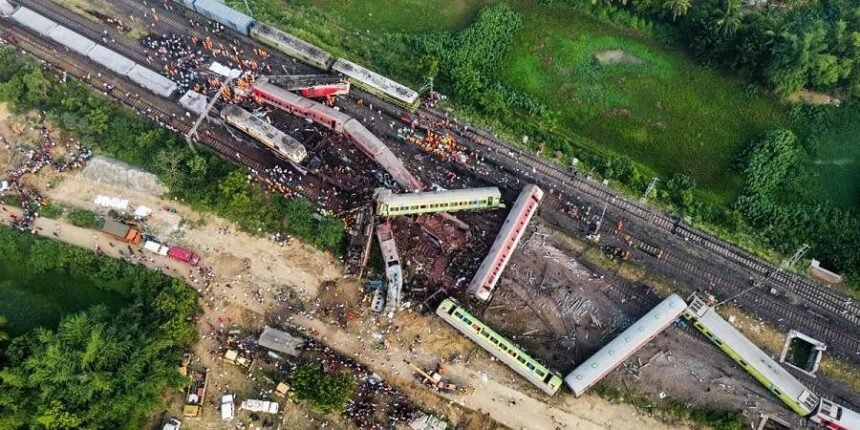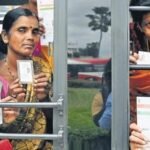The Odisha government and the All India Institute of Medical Sciences (AIIMS), Bhubaneswar, are facing a challenging situation regarding the disposal of unidentified bodies from the train mishap at Bahanaga railway station. Currently stored in makeshift containers on the AIIMS premises, the bodies’ condition is deteriorating due to delayed embalming, while the relatives of the accident victims are eagerly awaiting DNA matching reports. However, no decision has been made on their disposal yet.
Initially, mass cremation was considered as an option, but the state government is now undecided. Sources indicate that they will seek advice from AIIMS on how to proceed. However, AIIMS authorities find themselves in a dilemma as they consider themselves the scientific custodian responsible for preserving the bodies but are hesitant to encroach on the government’s domain in such a sensitive case. They may leave the final decision to the government.
AIIMS Medical Superintendent Dr. DK Parida mentioned that ideally, bodies should be claimed within 72 hours of the incident. Given the gravity of the situation, the bodies have been preserved, and AIIMS will wait for the DNA analysis report and the government’s decision on the matter.
Complicating matters for the government is the number of claimants. While 81 bodies have been stored, 75 claims have been received at AIIMS. However, the actual number of claimants can only be determined after cross-matching the DNA profiles, which is a time-consuming process. There are also challenges with matching DNA samples from second-degree relatives such as cousins and uncles.
Medical experts suggest an alternative solution of scientifically disposing of the bodies if the government struggles to make a decision on cremation. This could involve donating the cadavers to medical institutions for research and extracting body parts like skeletons, bones, viscera, and organs from headless or mutilated bodies for research purposes.
The tragic train crash claimed the lives of 288 individuals, with the highest number of victims from West Bengal, followed by Bihar, Odisha, Jharkhand, Andhra Pradesh, and Nepal. Currently, 81 bodies remain unidentified.






